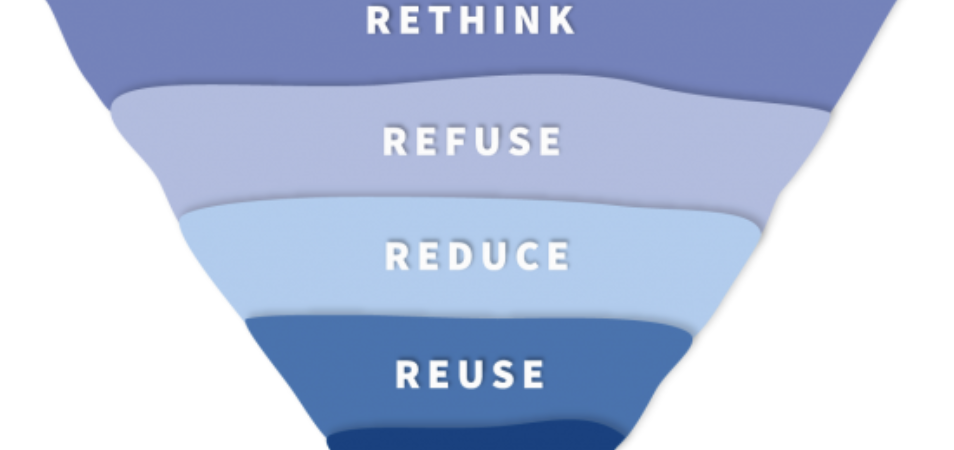Climate Impact Update Term 3 2022
Posted on October 12, 2022
Term 3 has seen the School engage the consultancy firm, Carbon Neutral, who are now working with us to audit the School’s greenhouse gas emissions. This process involves significant data collection in relation to our scope 1, scope 2 and scope 3 emissions (see Figure 1 below) for the previous year. In particular, we are providing details on our energy, water and waste usage with specific details provided on:
+ Fuel use (e.g. generators)
+ Flights
+ Private vehicle use (business and commuting)
+ Taxi use
+ Travel & accommodation
+ Office paper & stationery
+ Catering & food
+ Couriers & freight (incoming and outgoing)
+ Refrigerant use
+ Waste disposal (solid and liquid)
+ Scheme water use
Figure 1: The three GHG emission scopes and how they relate to different organisational operations (Source: Carbon Neutral, 2022, Carbon Footprint Data Collection Toolkit)
In addition, we are going to be distributing a survey to staff and students to determine the emissions associated with their commute to and from School. This survey will be distributed in early Term 4.
Once collated, the data will be analysed by Carbon Neutral and used to determine our greenhouse gas emissions as a total value (CO2e – carbon dioxide equivalent) and also our average emissions per individual (both students and staff). Once we have this data, we will share this with the School community and then we can start developing a plan to reduce these emissions with our focus on the areas of highest emission where we have the greatest control. We will also look at strategies we can implement to offset the emissions we cannot stop. For example, establishing more green space and increasing biodiversity on School grounds could act to offset some of the emissions we produce.
In addition, work has started in the student space with Gryff Connah and Shriya Anil running the first EcoSchools committee meeting to determine the course of action the students will be focusing on for the next year. Much of the conversation revolved around waste generation (by the School and by students), specifically plastic waste. Most plastics (except bioplastics) start their life as fossil fuels and there are greenhouse gas emissions associated with every stage of the plastic “life-cycle”. From extraction of the oil, to the refining of oil and plastic manufacture, to the transport of plastic goods and the ultimate disposal of the plastic, plastic is responsible for a vast amount of greenhouse gas emissions.
So what can we do? We should start by rethinking our use of plastics (“do I need to wrap my sandwich in plastic wrap or can I use something else like a container that I can reuse?”), refusing it where possible (say no to the soy sauce fish!), reduce the amount that you do use and reuse it where possible (take that ziplock bag home, wash it and use it again).
Figure 2: The waste hierarchy helps us to reframe the way we consume and buy products. (Source: University of Melbourne, 2020, Reduce reuse recycle.)
The final step is to recycle and there are now soft plastic bins at both the High School and Clemes campuses. Soft plastics from these bins are given to Redcycle to be turned into a whole range of products (find out more here: https://redcycle.net.au/where-does-the-plastic-go/). Let’s all make sure these bins are used correctly – as contamination results in the plastics ending up in landfill which is what we are trying to avoid. Thank you to the Clemes Council and the High School Landcare group for organising and maintaining these bins.
For more information, please contact Nicola Anderson – Environmental Science Teacher, Head of Science Faculty and Climate Impact Policy Working Group Convenor.
